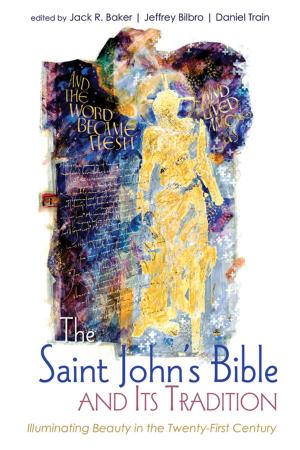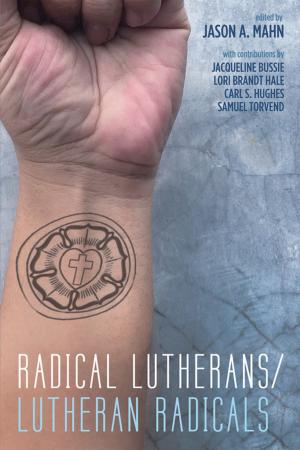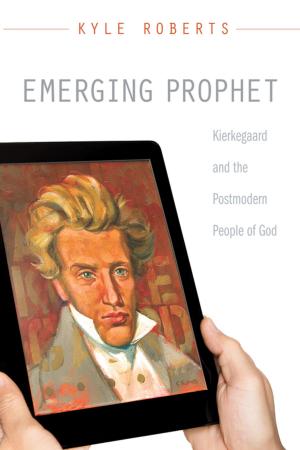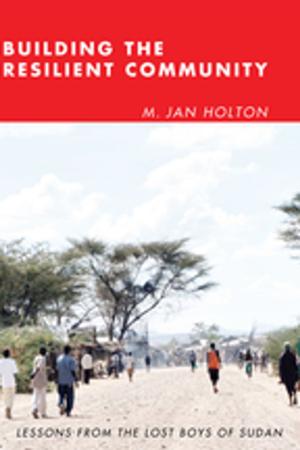| Author: | Charles William Johns | ISBN: | 9781532615580 |
| Publisher: | Wipf and Stock Publishers | Publication: | February 22, 2017 |
| Imprint: | Resource Publications | Language: | English |
| Author: | Charles William Johns |
| ISBN: | 9781532615580 |
| Publisher: | Wipf and Stock Publishers |
| Publication: | February 22, 2017 |
| Imprint: | Resource Publications |
| Language: | English |
Malchus, historically the first Roman to convert to Christianity, and the last to receive physical healing from Christ before his crucifixion, is born again in the 21st century. What will follow from this "re-birth," in a time where there is no absolute right or wrong, no morality or immorality? What ensues as true crime in a world full of police sirens? Malchus is explored through the first-person style of traditional confessional writing. The book's title Malchus refers to the servant of the Jewish High Priest Caiaphas who participated in the arrest of Jesus yet later converted to Christianity. The constructed distinction between Roman attitudes and Christian attitudes is decisive in this book. The entire book spans the day of a paranoid and sensitive man who claims to himself that he is guilty of some "horrendous act of evil." As we follow this man we become acquainted with his attitudes (despair, guilt, nihilism, idealism, individualism). We soon realize that the man is in-fact proud and protective of this "horrendous act of evil." Malchus has been heralded as "the first truly existential work of the 21st century" and has been described as Proustian in detail and description.
Malchus, historically the first Roman to convert to Christianity, and the last to receive physical healing from Christ before his crucifixion, is born again in the 21st century. What will follow from this "re-birth," in a time where there is no absolute right or wrong, no morality or immorality? What ensues as true crime in a world full of police sirens? Malchus is explored through the first-person style of traditional confessional writing. The book's title Malchus refers to the servant of the Jewish High Priest Caiaphas who participated in the arrest of Jesus yet later converted to Christianity. The constructed distinction between Roman attitudes and Christian attitudes is decisive in this book. The entire book spans the day of a paranoid and sensitive man who claims to himself that he is guilty of some "horrendous act of evil." As we follow this man we become acquainted with his attitudes (despair, guilt, nihilism, idealism, individualism). We soon realize that the man is in-fact proud and protective of this "horrendous act of evil." Malchus has been heralded as "the first truly existential work of the 21st century" and has been described as Proustian in detail and description.















